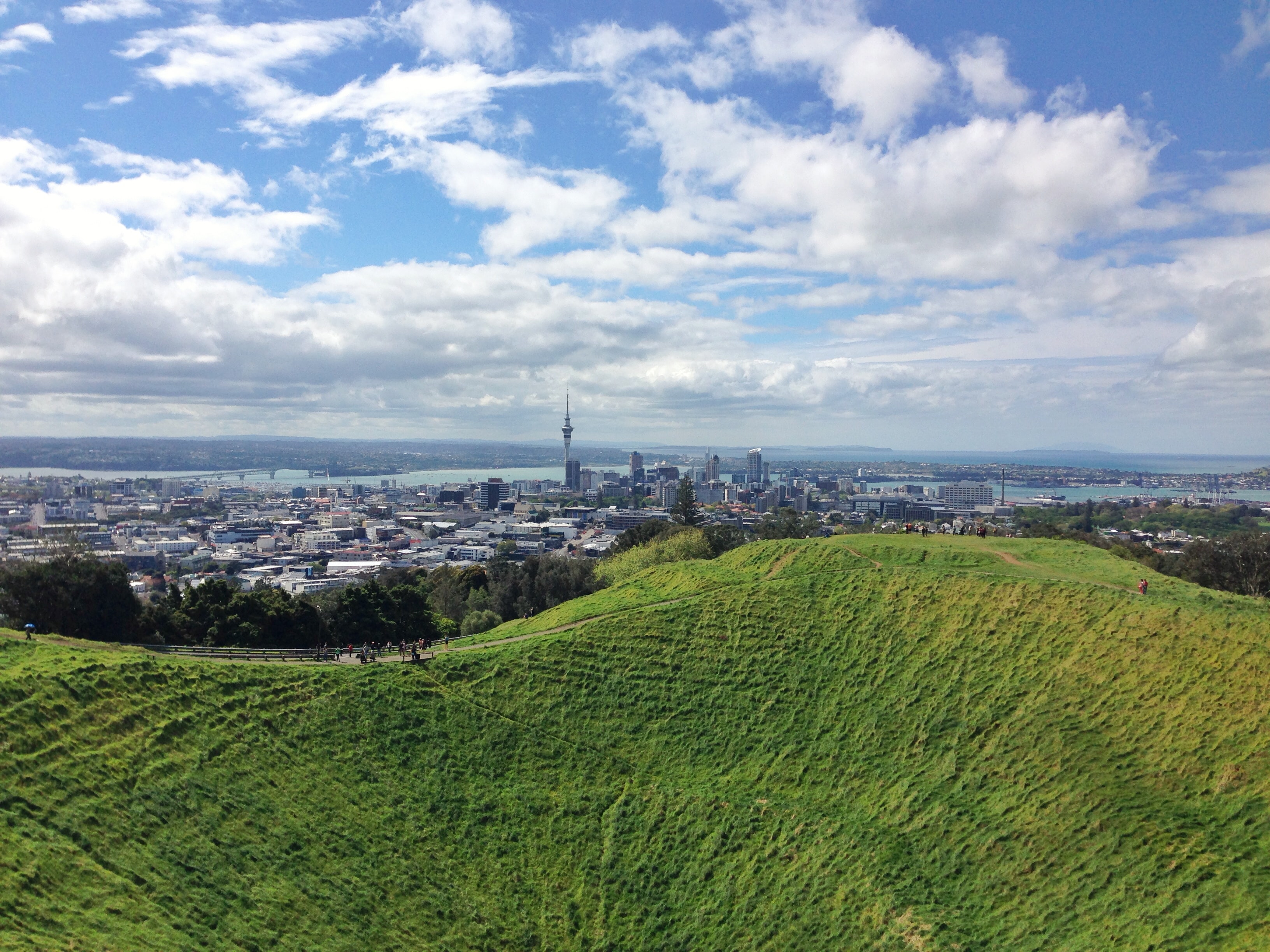Reserve Bank again raises the OCR
Christina Leung, Principal Economist and Head of the Auckland Office, NZIER
Michael Bealing, Principal Economist, NZIER
The Reserve Bank of New Zealand (RBNZ), at its November meeting, increased the Official Cash Rate (OCR) by 25 basis points to 0.75%. There had been increasing speculation in recent weeks about whether the RBNZ would increase the OCR by 50 basis points given the sharp lift in inflation pressures. In contrast, there had also been calls from some in the business community for the central bank to keep interest rates on hold given the negative effects many Auckland businesses were already facing under the prolonged lockdown. This wide range of views meant that there was a much higher degree of uncertainty over the outcome of the November meeting.
Inflation pressures are clearly on the rise
Inflation pressures have been rising sharply in recent months, reflecting the build-up in capacity pressures in the New Zealand economy. Global supply chain shortages are affecting businesses’ ability to source materials, while border restrictions mean increased difficulty for businesses to bring in workers from overseas in the face of acute labour shortages. Costs are rising for many businesses, but solid demand has made it easier for businesses to pass higher costs to customers by raising prices.
September quarter Consumer Price Index (CPI) showed a surge in annual inflation to 4.9 percent – well above the RBNZ’s 1 to 3 percent inflation target band. More concerningly, medium-term inflation expectations have also picked up markedly, with two-year-ahead expectations lifting from 2.3 percent in September to 3.0 percent in December 2021. This lift in inflation expectations heightens the risk of inflation expectations becoming unanchored. Households and businesses will likely increase wage expectations and prices in anticipation of higher prices – effectively leading to a wage-price spiral. This is what the central bank will want to avoid and is looking to mitigate by raising interest rates.
Balanced against the uncertainty of the COVID-19 outbreak
However, the RBNZ will also be balancing its response to inflation against the heightened uncertainty over how the current COVID-19 community outbreak will play out. By the time New Zealand moves to the new traffic light system of more freedom for those using vaccine passes at the beginning of 3 December, Auckland would have spent 107 days in lockdown. Small and medium enterprises in the region have been particularly affected by the restrictions. As the Government relaxes restrictions, there will be new challenges facing New Zealand, particularly regarding how people will adjust to living with the risks associated with Covid-19 with fewer restrictions on movement and activities .
Further interest rate increases on the way
Nonetheless, the RBNZ has made it clear it will look to raise interest rates further over the coming year to rein in inflation. This will present headwinds for borrowers, but with many households on fixed mortgage rates, the full effects of higher interest rates will likely not become apparent until well into next year.



